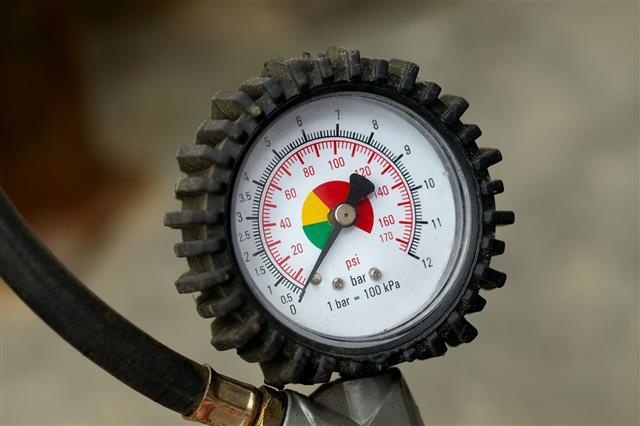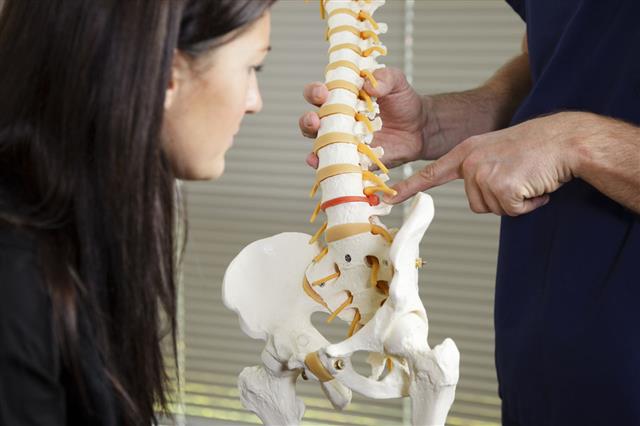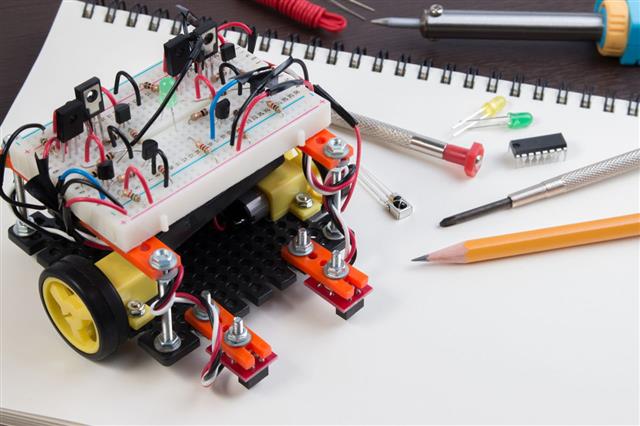
Taking part in science fair projects is an excellent opportunity to exhibit your scientific knowledge. We have presented you some topics that you can choose for your 9th grade science fair project.
Organizing science fair projects during middle school is interesting, enjoyable and captivating. At the same time, lot of hard work goes around the corner to make it a great success. Furthermore, selecting a good topic and presenting it flawlessly is a tough job. Despite all, you must be excited to give your best performance in your first year of high school. In the 9th grade, you gain experience to perform the practical works single-handedly. Your knowledge also expands and you get accurate results from the experiments you perform.
Science Fair Projects for 9th Grade
In the current educational system, the main branches of science, i.e. physics, chemistry and biology have been diversified into many other streams. They include environmental science, elementary physics, molecular chemistry, organic chemistry, earth science, biotechnology, biochemistry, etc. These streams are gaining equal importance as the main subjects.
High school science projects are usually organized by the managing department of schools in order to give students the opportunity to exhibit their scientific skills and knowledge. Teachers also participate with students to boost up their confidence. Even students should feel free to clarify their doubts on scientific experiments to get perfect results.
Experiment 1: Extraction of DNA
In this experiment you will present the different stages of ripening in banana and that contains the greatest amount of extractable DNA. First collect different samples of banana. Now carry out the DNA extraction process as illustrated in the protocol provided to you. Run the electrophoresis gel for different samples. After one hour you will see the DNA bands on viewing under a U.V meter. The sample that contains the most prominent band has shown the best result. This way you can find out the best quality of extractable DNA.
Experiment 2: Bacterial Growth
This experiment shows the stages of bacterial growth under different conditions. First isolate the bacterial culture on a typical agar plate. Make four sets of culture plates. Provide the following conditions for growth, viz, temperature, light, water, and oxygen. There will be four controls for each set of plates. Now place the individual plates inside the incubator (temp), U.V room (light), aerated chamber (oxygen), and liquid medium (water). After 24 hours you will have to observe the growth. You can view the results clearly in a colorimeter.
Experiment 3: Artificial Ripening of Fruits
This experiment is regarding artificial ripening of fruits. In this article, you have to set up two experiments. One will be the control and the other will be your experimental study. Stuff both the baskets with few apples. Spray ethylene gas in one basket, while the control will be ethylene free. Leave it overnight. After 24 hours you will find that the apples sprayed with ethylene have ripened while the apples inside the control set up haven’t. This shows that ethylene triggers the fruit ripening process.
Some More Topics
- Depicting an experiment to show the role of haze for measuring the health of the atmosphere.
- Experimental proof showing the effect of different brands of teeth whiteners.
- Experiment demonstrating the nature of earth’s magnetic field. For example, it’s steady or changeable.
- Preparation of an anti translucent solvent so that it can be seen through a specimen.
- Is audio or visual information better remembered?
- Perform copper plating on pennies or any other metal.
- How does paint get affected with change in temperature?
- An experimental study to show the effect of chlorine on the DNA of banana.
- Compare different brands of battery and check which one lasts longer at higher temperature.
- A set-up to show the growth of crystals on a crystal growing tree.
- The effects of X-ray and other radiation on plants.
- Determining the effect of different quantities/qualities of detergent showing cleansing action on clothes.
- Experiment to prove the Archimedes principle of buoyancy.
- An artificial set up to represent transpiration in plants.
- An artificial set up to represent photosynthesis in plants.
- An experimental model to show the formation of pictures in television.
- How does caffeine affect growth of fruit flies? Explain with a proper experiment.
- Investigate to see how bleaching and dyeing may affect the hair.
- Experiment showing factors responsible for healthy growth of different species of plants.
- Experiment showing factors responsible for healthy growth of different species of bacteria.
- Is growth of plants affected in presence of magnetic field? Explain.
- Reasoning out the science behind insects and moths getting attracted to light.
- Experiment to show the formation of sound waves.
- Experiment to show the reflection of light through a prism.
- Why fizz is formed in bottles of aerated drinks? Explain.
- A simple experiment to demonstrate production of bottled electricity.
- Experiment to show the factors affecting the germination of seeds.
- Does an external magnetic field have any noticeable effect on animals such as brine shrimp, cockroaches, or fruit flies?
- Why do mold grow on breads? Give the correct explanation.
- Is it true that the rate of transpiration is hindered in presence of smoke?
- How does the color of your eye affect peripheral vision? Explain with a demonstrative study.
- An experiment to find out the pH of acid snow.
- An experiment to find out the pH of acid rain.
- Demonstrating the correct methods of preservation of soil.
- An experiment to show the viability of seeds.
- Making an electrical circuit to find out the exact potential difference.
- A case study for the effect of preservatives, additives and sweeteners on quality of foods.
- An experiment showing the thickness of different insulation materials offering best insulation.
- An experimental set up to demonstrate the physical changes in Bougainvillea plants caused by natural and environmental forces.
Research on more and more topics to find out where you can excel. Come up with innovative ideas to make the science fair successful. Be cooperative with your group members and neat with your presentation. All the best!


